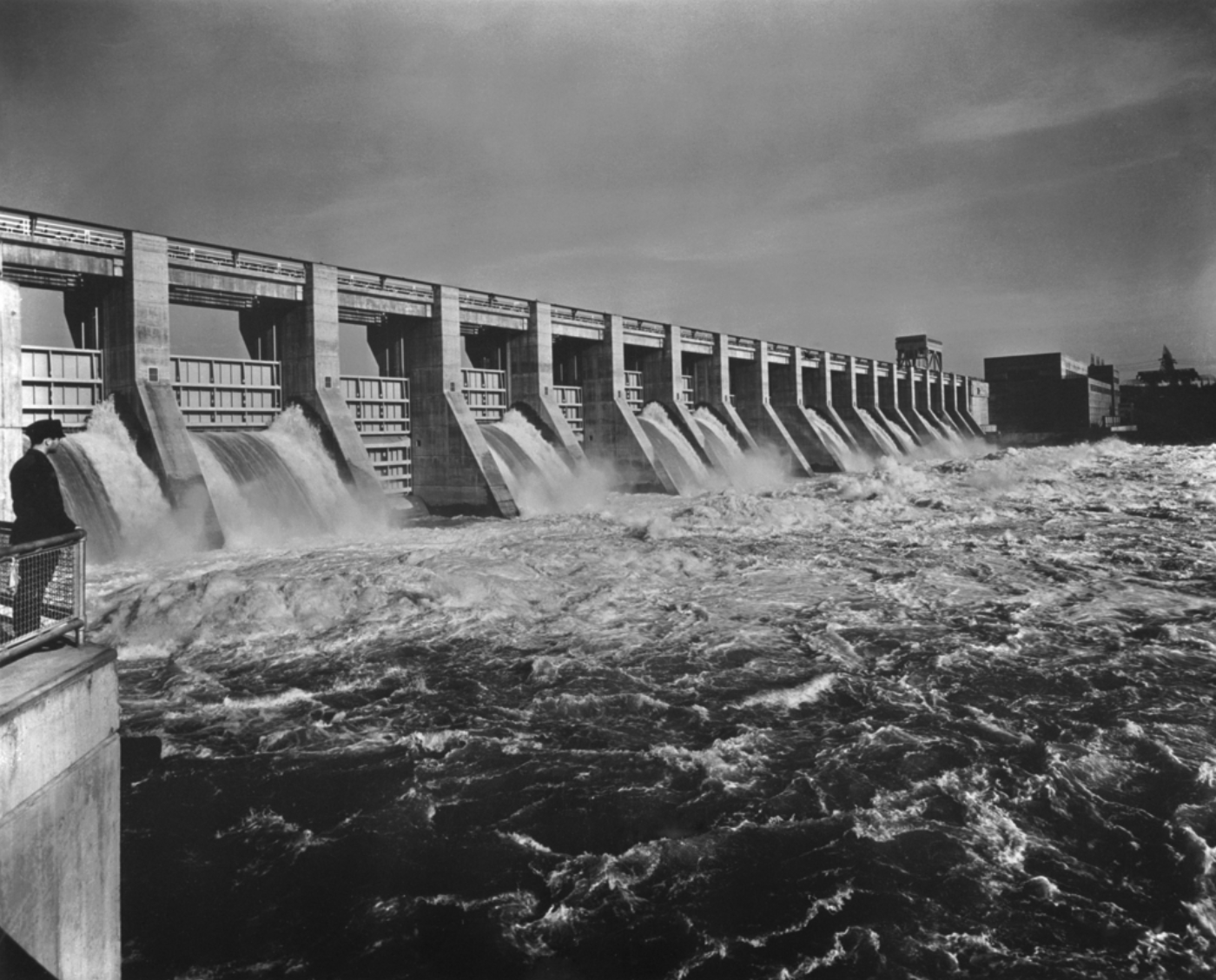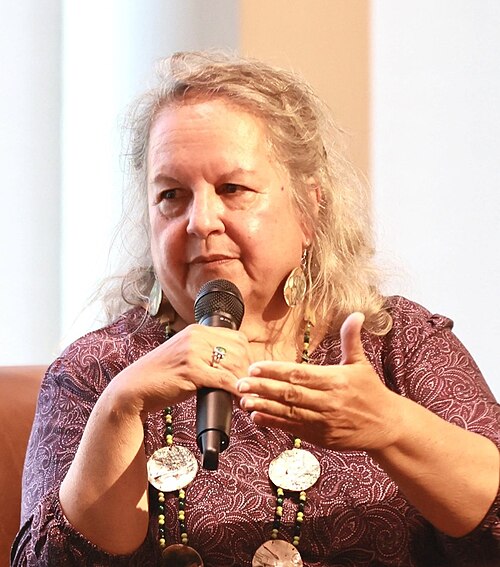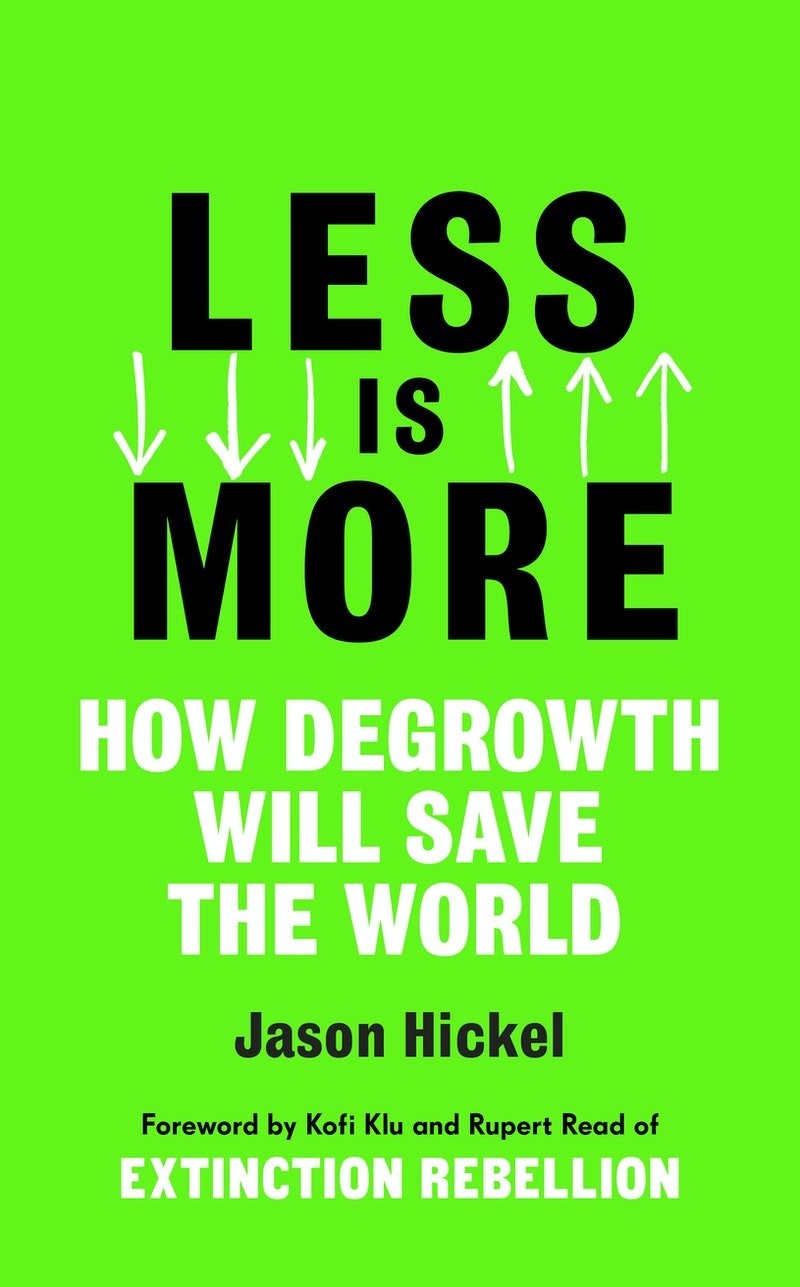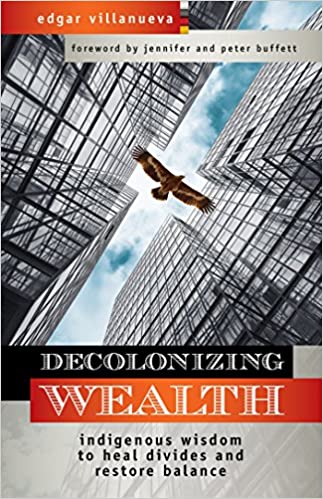June 30, 2023
Economics
What if we used the principles outlined in the Universal Declaration of Human Rights to define U.S. industrial policy?

President Franklin Roosevelt’s New Deal—which included the construction of the Bonneville Lock and Dam to improve navigation on Columbia River and provide hydropower to the Pacific Northwest—is an example of past U.S. industrial policy. Image by Tjflex2 via CC
"We define the purpose of an economy as promoting our productive capacities, advancing tranquility and human flourishing, and enabling people to be self-determining in righteous ways. Governments have a responsibility to set the rules and steward public resources to achieve these goals.
"A document that provides a framework for creating this kind of economy is the Universal Declaration of Human Rights, which was adopted by the United Nations 75 years ago this coming December.
"The declaration was emphatic in its recognition of the five inseparable categories of rights that together uphold human dignity: political, civil, social, cultural, and economic rights. The declaration, coming out of the atrocities of the Second World War and the economic destabilization that preceded it, was meant to promote human flourishing and tranquility at a time when despair within and among nation-states was ubiquitous.
"Over time, economic rights are the one category that seem to have lost momentum. But the Marshall Plan and the policies of the New Deal and Great Society demonstrate what realizing the ambitions set out in the declaration would look like, especially as they relate to making investments in people and places." - Grieve Chelwa, Demond Drummer and Darrick Hamilton
ARTICLE: Centering People and the Environment




